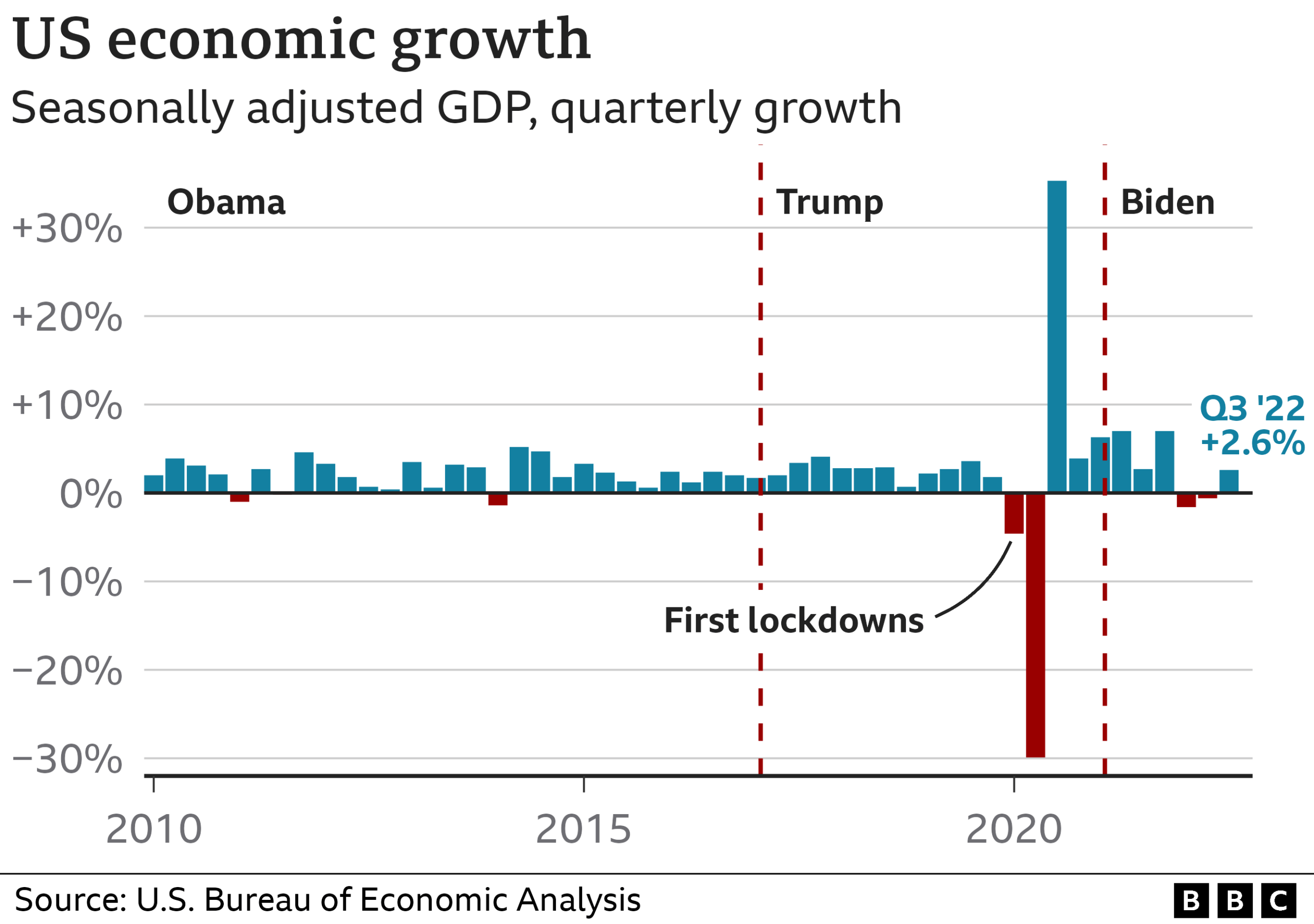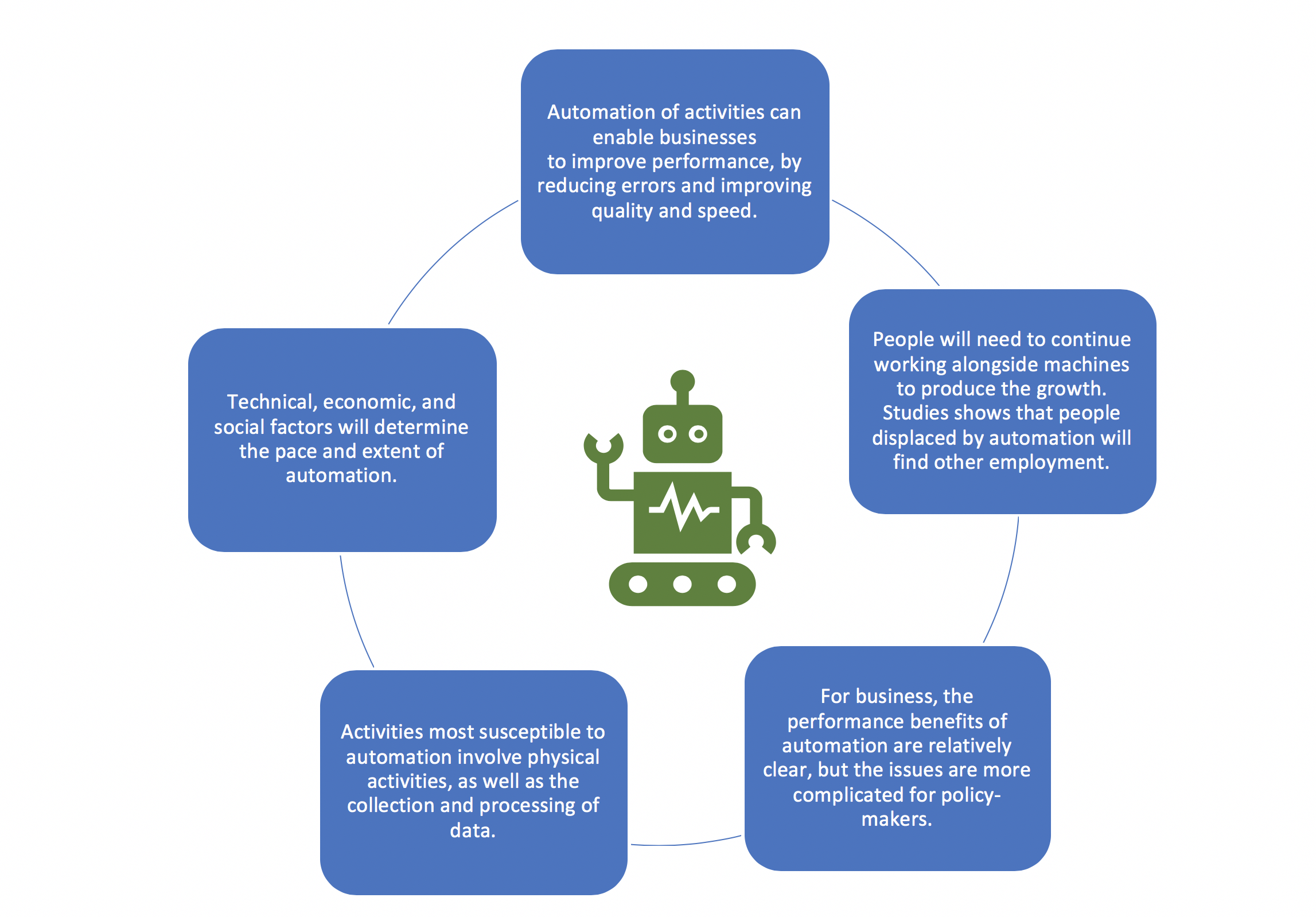
Entrepreneurialism has become a defining feature of modern American work culture, influencing how individuals engage with their careers and redefine success. As more people turn towards freelancing opportunities and self-employment, the entrepreneurial mindset continues to grow, allowing individuals to embrace personal risk and innovation. In his insightful book “Make Your Own Job,” Erik Baker delves into the transformative effects of entrepreneurialism, illustrating how it has reshaped traditional job roles and the expectations we hold for ourselves. The journey toward entrepreneurship encourages a proactive approach to work, as people increasingly seek to make their own jobs rather than relying on conventional employment paths. Ultimately, entrepreneurialism invites a deeper exploration of what it means to thrive in an ever-evolving economy, cultivating a culture where creativity and initiative become essential components of professional life.
At its core, entrepreneurialism embodies the spirit of innovation and self-direction in the workforce. Alternative terms such as self-employment, freelancing, and independent contracting highlight the shift towards creating personalized career paths. This movement resonates with the ideal of “Make Your Own Job,” encouraging individuals to seize control of their professional journeys by capitalizing on unique skills and passions. By fostering an entrepreneurial culture, society not only opens doors to countless job possibilities but also instills a collective mindset geared towards resilience and adaptability. As more people embrace this paradigm, the landscape of American work culture continues to evolve, redefining the meaning of success in the modern economy.
The Evolution of Entrepreneurialism in American Work Culture
Entrepreneurialism has deeply woven itself into the fabric of American work culture, evolving significantly over the past century. Starting from the tail end of the 19th century, as technological advances rendered many traditional jobs obsolete, Americans embraced a new work ethic that emphasized self-sufficiency and innovation. This shift paved the way for the rise of various entrepreneurial roles—we now see not only business founders and innovators, but also gig economy workers, freelancers, and solopreneurs, all embodying the entrepreneurial spirit in their pursuit of self-employment. As Erik Baker examines in “Make Your Own Job,” the change in mindset towards entrepreneurialism reflects a broader societal shift where individuals are increasingly responsible for their own career paths.
The transition wasn’t merely about starting new businesses; it represented a significant cultural transformation. American work culture began to embrace the notion that hard work alone was insufficient for success. Instead, individuals were encouraged to harness their unique skills and approach their careers with an entrepreneurial mindset, capable of engaging in opportunities that transcended conventional employment. This ethos has led to the proliferation of alternative career paths that prioritize personal fulfillment and self-discovery, making room for creative risks and innovative thinking in the American workplace.
Freelancing Opportunities and Self-Employment
In contemporary society, freelancing opportunities have surged, driven by advances in technology and the flexibility that comes with self-employment. Many individuals have opted to step away from traditional corporate jobs, seeking autonomy and control over their work-life balance. This has resulted in a thriving gig economy, where platforms such as Upwork and Fiverr empower people to market their skills without being tied to a singular employer. In “Make Your Own Job,” Erik Baker highlights how this shift represents a fundamental reevaluation of work expectations—where flexibility can often be more valuable than stability in an increasingly unpredictable job market.
Freelancing has democratized access to entrepreneurship, allowing anyone with a skill or service to create their own job without the barriers traditionally associated with business start-ups. This trend not only caters to the desires of those seeking increased independence but also aligns with the broader cultural expectation that individuals cultivate an entrepreneurial mindset. As more people turn to freelancing as a viable career choice, it is essential to recognize the structural changes within our economy that have validated this path, making self-employment not just a personal choice but a cultural phenomenon.
Entrepreneurial Mindsets: The Key to Unlocking Potential
An entrepreneurial mindset is critical for individuals aiming to thrive in today’s competitive environment. It encompasses qualities such as resilience, creativity, and adaptability, which are essential for navigating the complexities of work and economy. Erik Baker’s exploration of entrepreneurialism in “Make Your Own Job” emphasizes that adopting this dynamic approach can empower individuals to turn challenges into opportunities. This mindset is not just reserved for business owners; it is a valuable asset for anyone, from corporate employees hoping to innovate within their roles to freelancers carving out their niche in the market.
Cultivating an entrepreneurial mindset encourages individuals to take initiative and seek out novel solutions to problems, fostering a culture of innovation. This is particularly important in a rapidly changing economy where new technologies can disrupt traditional business models. By embracing an entrepreneurial approach, individuals and organizations can adapt to market shifts and continuously evolve, ultimately enhancing job satisfaction and economic resilience. This adaptability has become increasingly necessary as many confront job insecurities due to technological advancements and fluctuating market conditions.
The Relationship Between Work and Personal Identity
The interplay between work and personal identity has transformed alongside the rise of entrepreneurialism in America. Once strictly defined by job titles and corporate hierarchies, the concept of work has expanded to encompass individual passions and personal fulfillment. In many ways, Baker’s insights reveal how the entrepreneurial pursuit is not only about financial independence but also about self-discovery and personal growth. This connection draws attention to how an entrepreneurial mindset can lead individuals to align their career paths with their authentic selves, creating a more profound and meaningful work-life integration.
As Americans increasingly define their worth and identity through their work, the pressure to succeed becomes omnipresent. Baker notes that this phenomenon can lead individuals to experience anxiety and dissatisfaction, particularly when faced with the uncertainties that come with freelancing and self-employment. The challenge lies in balancing ambition with well-being, where one must navigate the constant push for success against the need for personal care and fulfillment. The relationship between work and identity is intricate, highlighting how changes in American work culture have redefined not only how we work but also who we are.
Overcoming the Challenges of Entrepreneurial Work
While the allure of entrepreneurial work offers many benefits, it also presents a unique set of challenges that individuals must navigate. As Baker illustrates in “Make Your Own Job,” the pressure of self-employment and the constant pursuit of success can lead to feelings of isolation and burnout. Entrepreneurs, whether solopreneurs or freelancers, often find themselves managing every aspect of their business without the support structures typically found in traditional employment settings. This autonomy, while empowering, can also become overwhelming when one is solely responsible for their financial and emotional well-being.
Moreover, the volatile nature of gig economy work raises questions about stability and security. Unlike traditional jobs, where roles and expectations are clearly defined, freelance work can be sporadic and unpredictable. Entrepreneurs must cultivate resilience and adaptability to navigate periods of uncertainty, while also establishing a robust network of support. To succeed, individuals must find ways to balance their ambitions with practical realities, developing strategies to maintain mental health and sustainability as they pursue their entrepreneurial dreams.
Cultural Shifts: From Job Security to Entrepreneurial Risk
The cultural shift from valuing job security to embracing entrepreneurial risk reflects a significant change in societal values. Historically, American work culture prized stable employment and loyalty to one’s employer. However, as Erik Baker discusses, the realities of technological advancements and economic fluctuations have led to a reevaluation of what it means to work. Today, many individuals view entrepreneurial endeavors as an opportunity to redefine success and personal fulfillment, moving away from the traditional career path toward a more flexible and risk-oriented approach.
This transition has been exacerbated during economic downturns, pushing individuals toward entrepreneurship as a viable alternative to unemployment. With the rise of freelancing and gig jobs, many have adopted the philosophy of ‘make your own job,’ viewing their careers as an evolving landscape rather than a static journey. While this shift has fostered innovation and creativity, it has also introduced a sense of insecurity, making it crucial for aspiring entrepreneurs to equip themselves with the right mindset and skills to navigate this unpredictable terrain.
The Resilience Required for a Gig Economy
Resilience has become a vital trait for those operating within the gig economy, a space that is often characterized by its unpredictability. Erik Baker highlights that in a world where job security is no longer guaranteed, the ability to adapt and bounce back from challenges is paramount for both freelancers and entrepreneurs. This resilience allows workers to embrace the uncertainties of self-employment while sustaining their motivation and drive to succeed. Those who thrive in the gig economy demonstrate an entrepreneurial mindset that equips them to face adversity with creativity and versatility.
Navigating the gig economy requires individuals to be proactive, continuously seeking new opportunities while managing fluctuating income and workloads. Building a personal brand and establishing a loyal client base are essential components for success in this environment. However, with the inherent risks associated with freelancing, it is crucial that individuals prioritize their mental and emotional well-being. By fostering a strong support network and engaging in self-care practices, gig economy workers can bolster their resilience and maintain their passion for their entrepreneurial pursuits.
The Future of American Work: Trends in Entrepreneurialism
As we look toward the future of American work, trends in entrepreneurialism suggest a continuing shift in how individuals approach their careers. The landscape of employment is evolving, characterized by increased freelancing opportunities and a deeper acceptance of self-employment as a legitimate career path. Erik Baker’s insights underscore how this ongoing transformation will likely shape the generational workforce, with younger individuals prioritizing flexibility, passion, and entrepreneurial spirit in their career choices. Organizations may need to adapt their structures to accommodate this new norm, fostering environments that support innovative thinking and individual initiative.
In embracing this evolution, companies can harness the creativity and skills of entrepreneurial-minded employees to drive growth and adaptation in a competitive marketplace. This future-forward approach includes reevaluating traditional employment models and considering more dynamic, project-based work arrangements that empower individuals to contribute their talents in meaningful ways. As the American work culture continues to develop, the incorporation of entrepreneurialism will likely play a critical role in fostering a thriving, resilient economy.
Frequently Asked Questions
What is entrepreneurialism and how does it relate to American work culture?
Entrepreneurialism refers to the mindset and actions of individuals who seek to create new business opportunities either within established companies or as independent entities. In American work culture, this concept has shifted from traditional job security towards a focus on self-employment and innovation, profoundly changing how individuals perceive their work and career paths.
How do freelancing opportunities contribute to the entrepreneurial mindset?
Freelancing opportunities are pivotal in fostering an entrepreneurial mindset as they empower individuals to market their unique skills, manage their own schedules, and operate as independent businesses. This shift allows freelancers to embody the principles of entrepreneurialism by taking control of their careers and embracing creativity while navigating the gig economy.
Can self-employment be considered part of the entrepreneurial spirit?
Absolutely, self-employment is a significant aspect of the entrepreneurial spirit. It allows individuals to pursue their passions, make their own decisions, and directly reap the benefits of their hard work. By becoming self-employed, individuals not only participate in entrepreneurialism but also contribute to the dynamic landscape of the modern economy.
What factors drive the rise of entrepreneurialism in today’s economy?
Several factors drive the rise of entrepreneurialism today, including advancements in technology, the need for job flexibility, and a cultural shift towards valuing innovation and self-reliance. Economic challenges also prompt individuals to explore alternative pathways to traditional employment, leading to an increase in gig work and entrepreneurial ventures.
How has the historical context of American work culture shaped modern entrepreneurialism?
The historical context of American work culture, particularly the shifts during the late 19th and mid-20th centuries, set the foundation for modern entrepreneurialism. Economic changes, such as industrial decline and increased unemployment, prompted a transition from factory jobs to more entrepreneurial roles. This history influences current perspectives on work, highlighting innovation, personal fulfillment, and a more flexible approach to career development.
What role does the ethos ‘Make Your Own Job’ play in contemporary entrepreneurialism?
The ethos ‘Make Your Own Job’ plays a crucial role in contemporary entrepreneurialism by encouraging individuals to create opportunities in their areas of expertise rather than waiting for traditional employment. This mindset fosters resilience and creativity, enabling people to carve out unique career paths that reflect their skills and passions.
How does understanding entrepreneurialism impact personal career choices?
Understanding entrepreneurialism can significantly impact personal career choices by encouraging individuals to think outside conventional job structures. It inspires a proactive approach to career development, prompting individuals to seek out opportunities, embrace risk, and potentially create their own business models, aligning their work with personal passions and market demands.
What are the challenges associated with embracing an entrepreneurial mindset?
Embracing an entrepreneurial mindset comes with challenges such as financial uncertainty, heightened competition, and the pressure of self-management. Individuals may experience anxiety surrounding job security and the constant need to innovate, which can make maintaining a work-life balance difficult in today’s fast-paced economy.
| Key Point | Details |
|---|---|
| Evolution of Entrepreneurialism | Began as a response to structural unemployment in late 19th century America, moving from a work ethic focused on production to one focused on personal ambition. |
| Impact of Economic Stress | Entrepreneurialism sees increased popularity in times of economic downturns, prompting innovative job creation and freelance opportunities. |
| Cultural Shift | The idea of viewing work as a calling that fosters creativity and self-promotion permeated society through self-help literature. |
| Personal Responsibility | Entrepreneurialism encourages individuals from all backgrounds to perceive themselves as potentially self-sufficient business leaders. |
| Modern Views | Current entrepreneurialism glorifies risk and entrepreneurial identity amidst fears of job displacement and the reality of freelance work. |
Summary
Entrepreneurialism has fundamentally reshaped how Americans approach work and identity. As we delve into the evolution from traditional jobs to an increasingly independent workforce, it is clear that the entrepreneurial mindset fosters innovation and personal responsibility. However, this shift also comes with challenges, particularly the anxiety and pressure of constant self-promotion and success. Understanding these dynamics is essential for both current and aspiring entrepreneurs.




